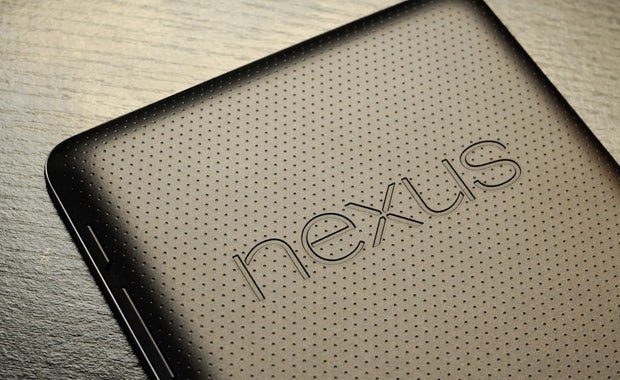The Pixel Tablet needs to copy the Nexus 7 if it wants to beat the iPad

OPINION: It has happened – pigs have flown and Google has once again proved that sod’s law is the only eternal constant in this universe. Despite me arguing mere hours ago that Google wouldn’t show a tablet at its IO 2022 developer conference, the firm did just that. Sort of…
Specifically, rather than fully unveil the fabled Pixel Tablet, it teased that it actually exists after fully unveiling its new Pixel 6a affordable smartphone and new Pixel Buds Pro earbuds.
The firm hasn’t offered much detail about the tablet outside of the fact it’s happening. In fact, the only details it did share are that it’ll be powered by Google’s Tensor silicon, which debuted on the Pixel 6 and Pixel 6 Pro last year, and launch at an unspecified point next year.
The use of Tensor means Google will be leaning very heavily into its AI capabilities with the tablet, with the launch coming alongside fresh insights into how the firm is using the tech to improve Translate, Maps, Search and Assistant.
Given how impressed I’ve been with Tensor’s real time translation services on the Pixel 6 Pro these are certainly unique strengths that only Google and a limited number of big tech rivals can offer – I all but fell of my chair the first time I tested the feature and watched the conversation I was having not only be notated near perfectly in English, but intelligently switch and offer accurate translations when the person I was interviewing momentarily switched to French.
But for me, this won’t be the silver bullet Google needs to challenge (let alone beat) its long established competition in the Apple iPad. To do that it needs to replicate what made the Nexus 7 so great.
To catch readers up, the Nexus 7 is widely regarded, at least by the older folks at Trusted Reviews, as the last genuinely good Android tablet. Released all the way back in 2012, the original Nexus 7, which was built by Asus, was the first Android tablet I’d tested that I could wholeheartedly recommend.
There were two key reasons for this. First because its dinky 7-inch form factor was full of great, for the time, hardware that matched and at times beat its main rival, the iPad Mini.
But second, and in my mind more importantly, because it radically undercut its rival’s price. Specifically, it and its 2013 sibling both retailed for less than $200/£200. I didn’t work for Trusted at the time, but I was far from alone in my praise of the tablet, with our then reviews editor Andrew Williams agreeing with my sentiment, awarding it 4.5/5 and concluding in his review:
“The Google Nexus 7 tablet is one of the best tech bargains of the year. This 7 inch Android tablet is priced so aggressively that every low-cost tablet maker must be terrified. Just as important, it doesn’t look or feel cheap either, thanks to the powerful quad-core processor and the texturing of the rear. It’s not perfect… but this is undoubtedly the best sub-£200 tablet we’ve seen.”
If Google wants to beat the iPad it needs to drive the same value for money. If it does then I can see everyone from buyers on a budget to parents on the hunt for their tween’s first tablet finding it to be a very compelling offer, especially compared to the iPad Mini 6 which costs over $400 and the iPad 9, which currently retails for over $300.
Thankfully it looks like Google’s aware of this based on the blog post it published announcing the tablet where it wrote: “We’re building out the Pixel portfolio to give you more options for varying budgets”.





